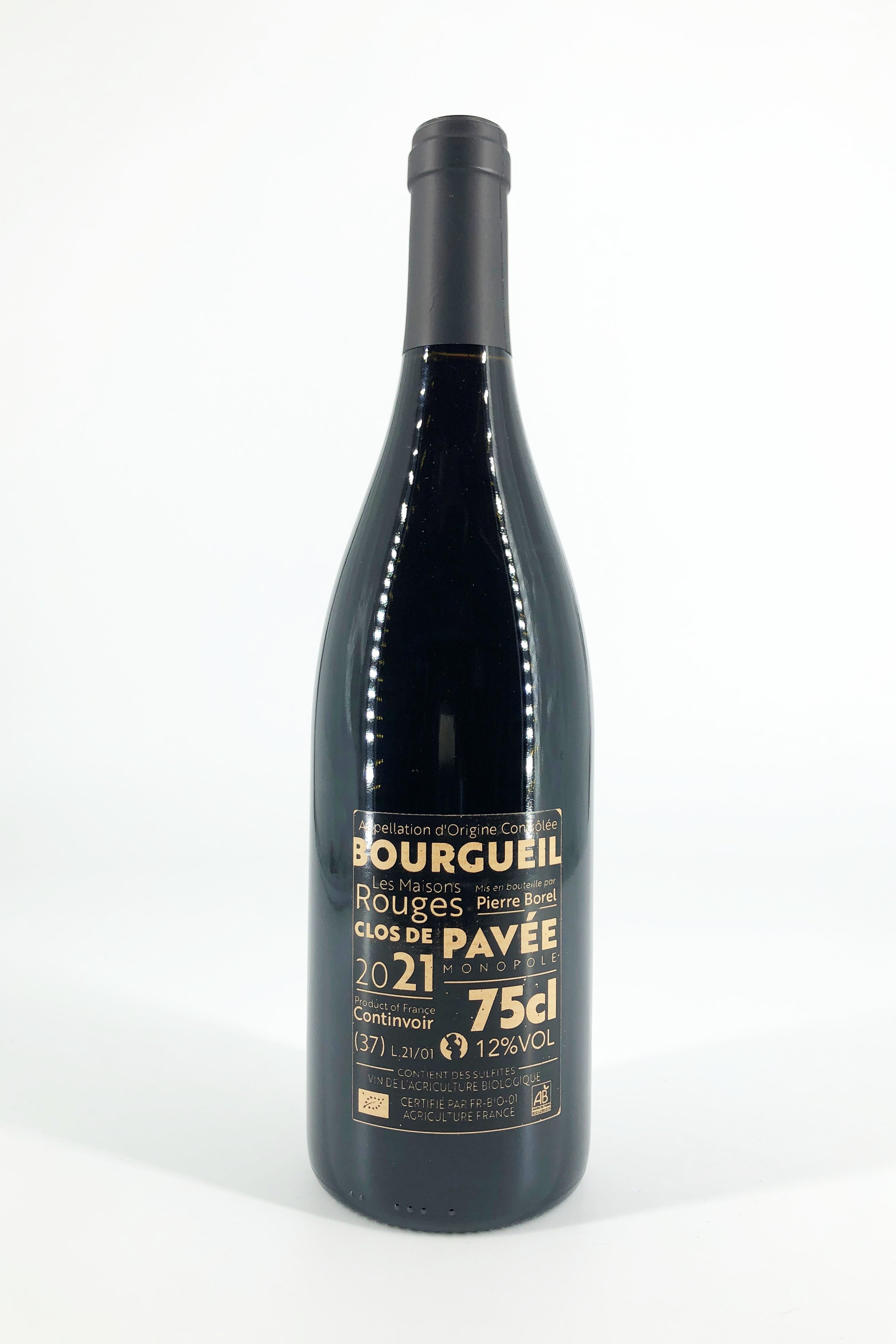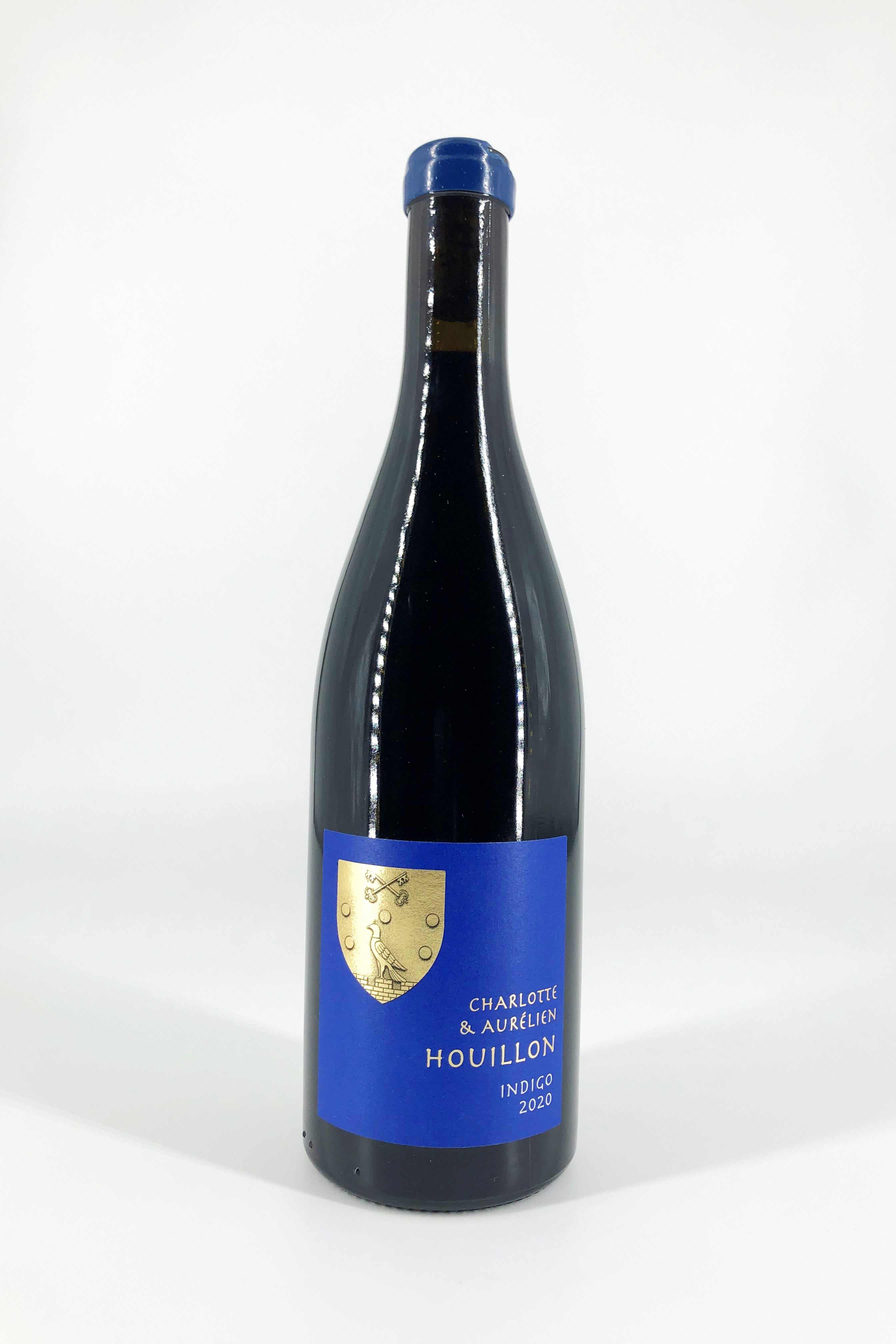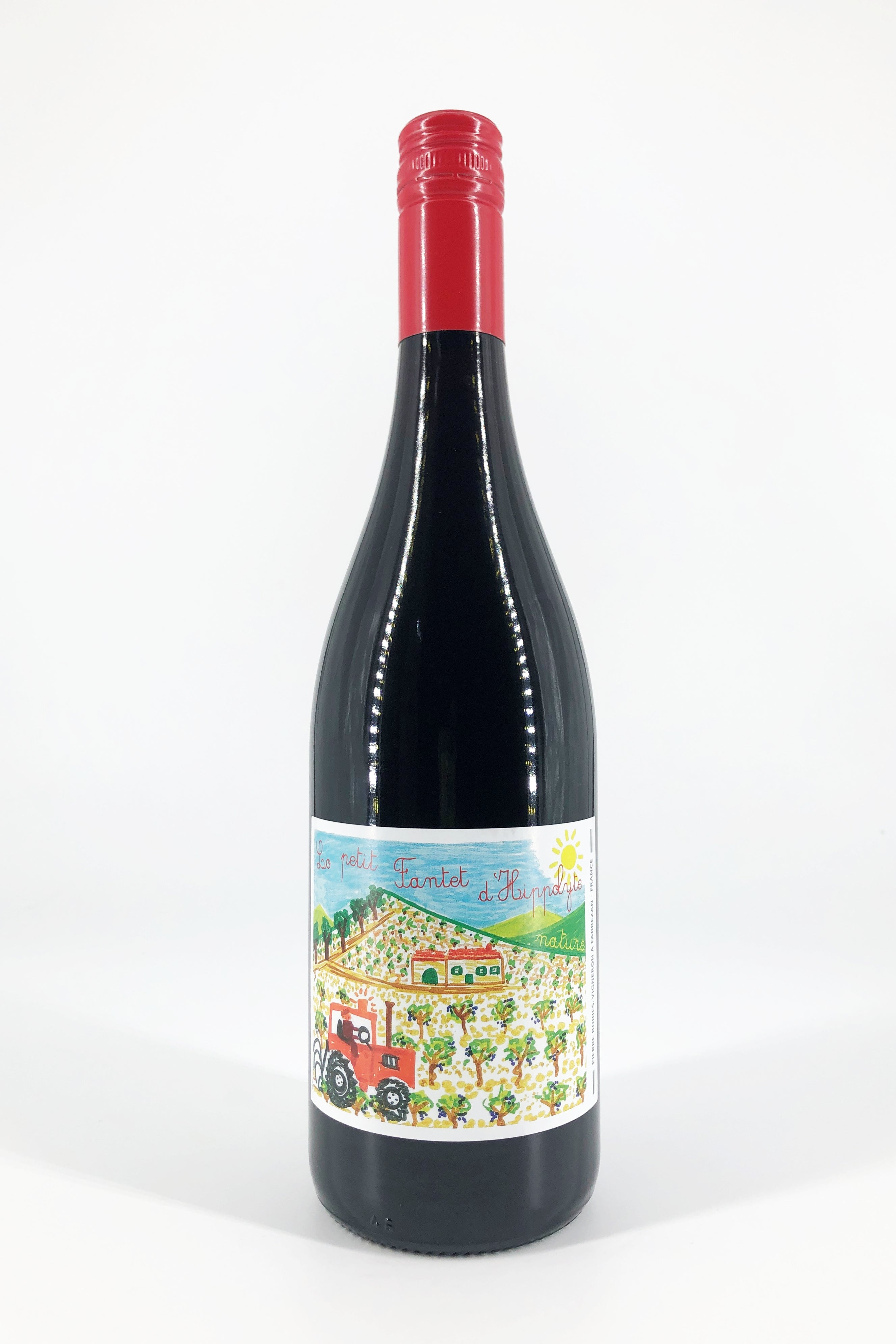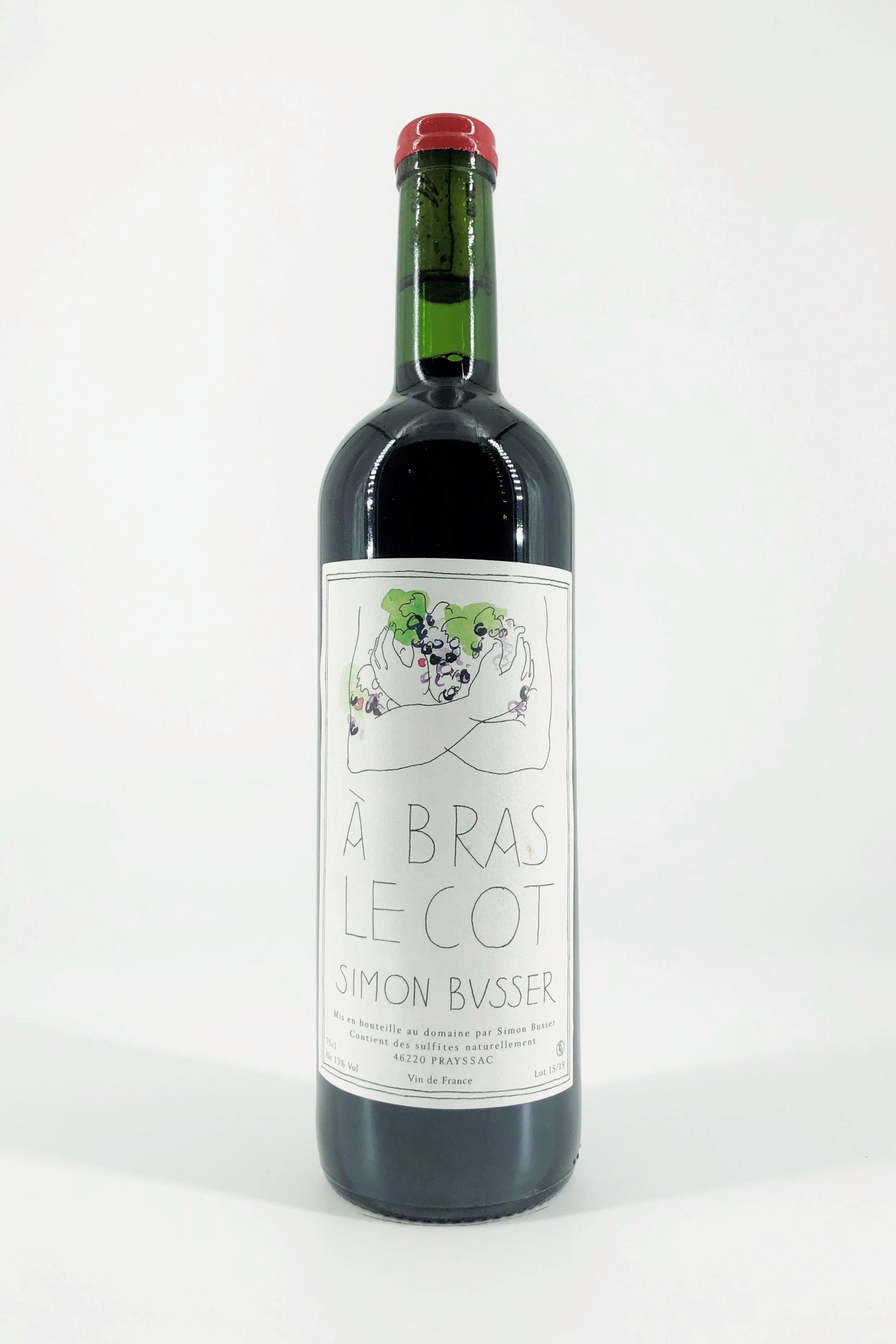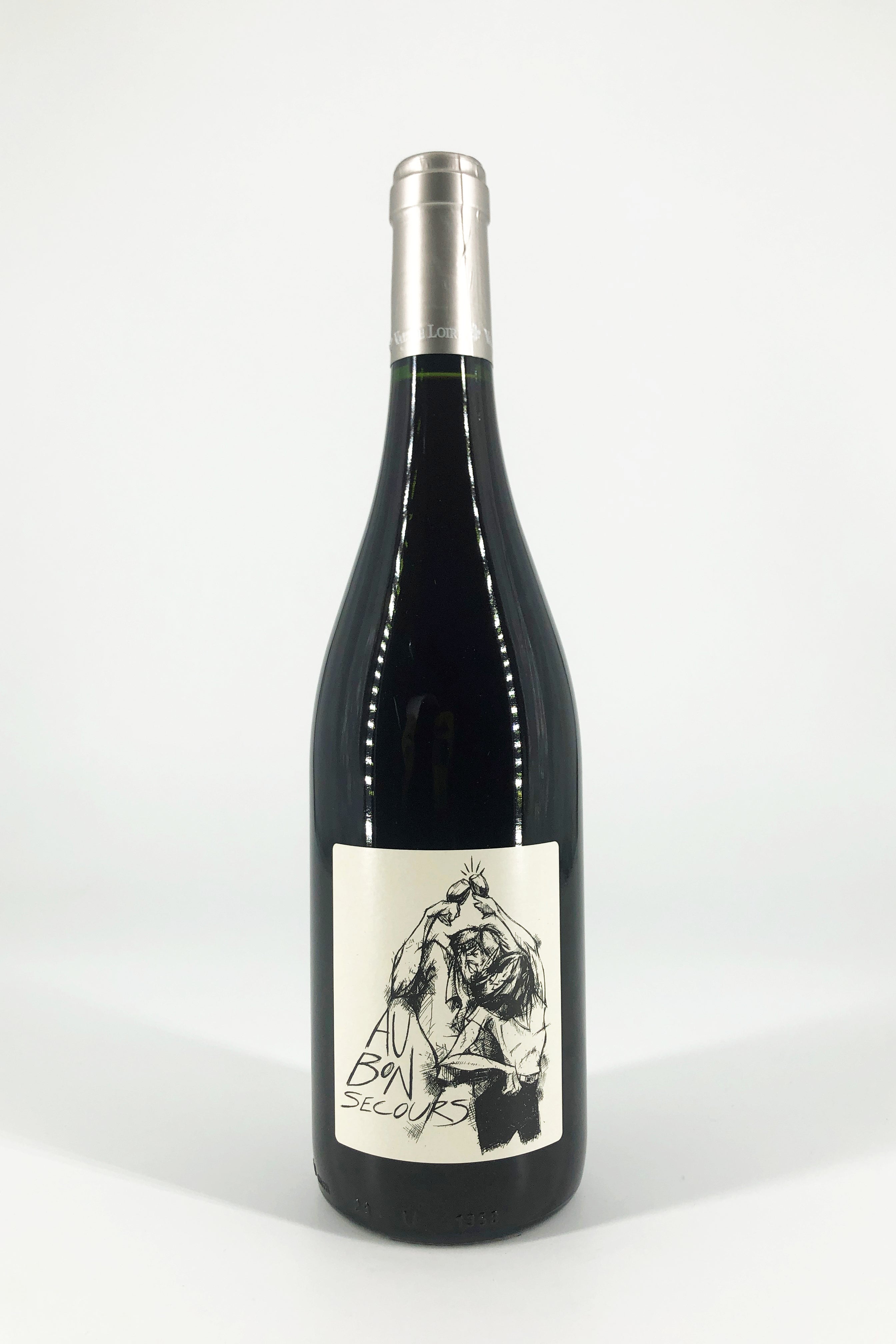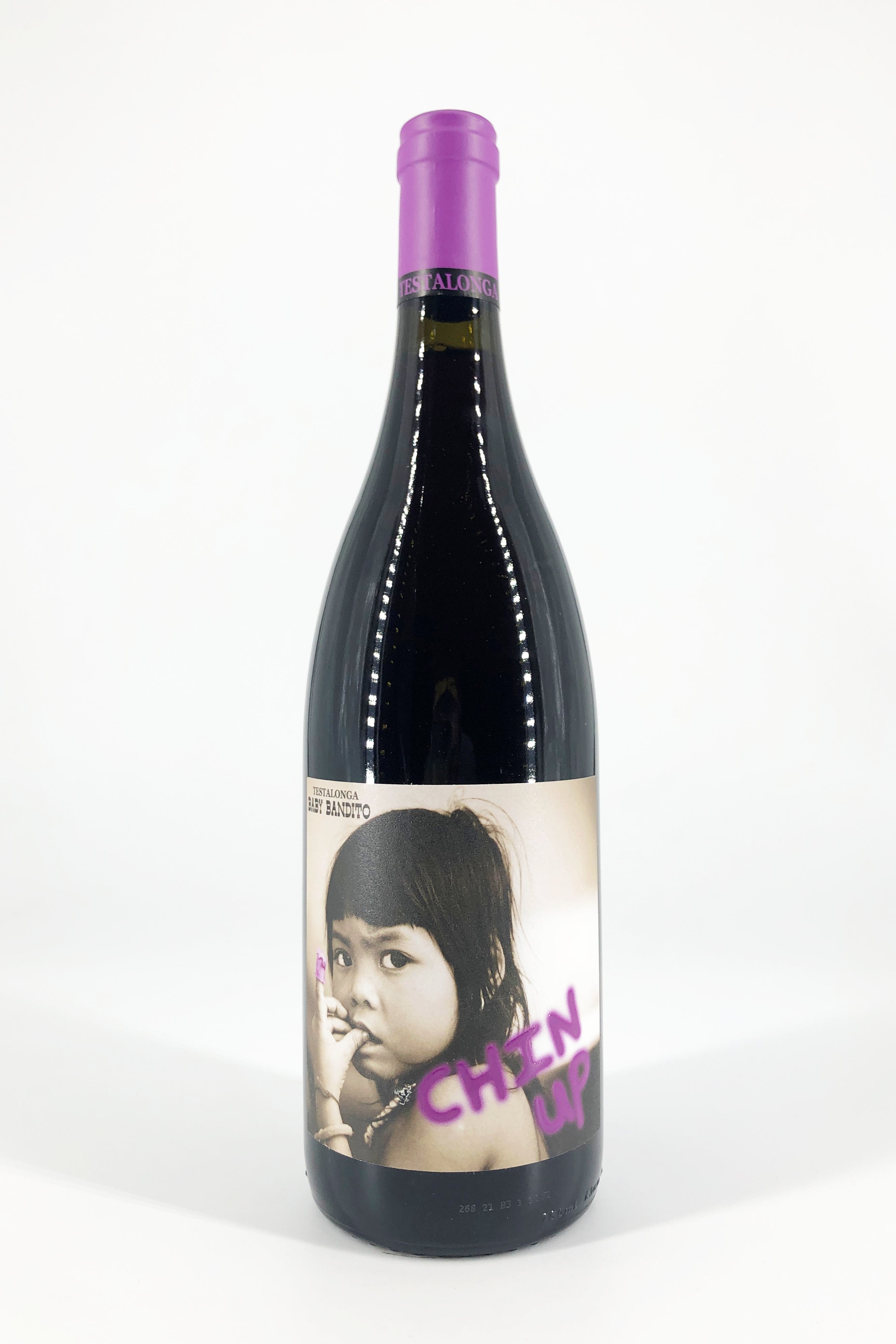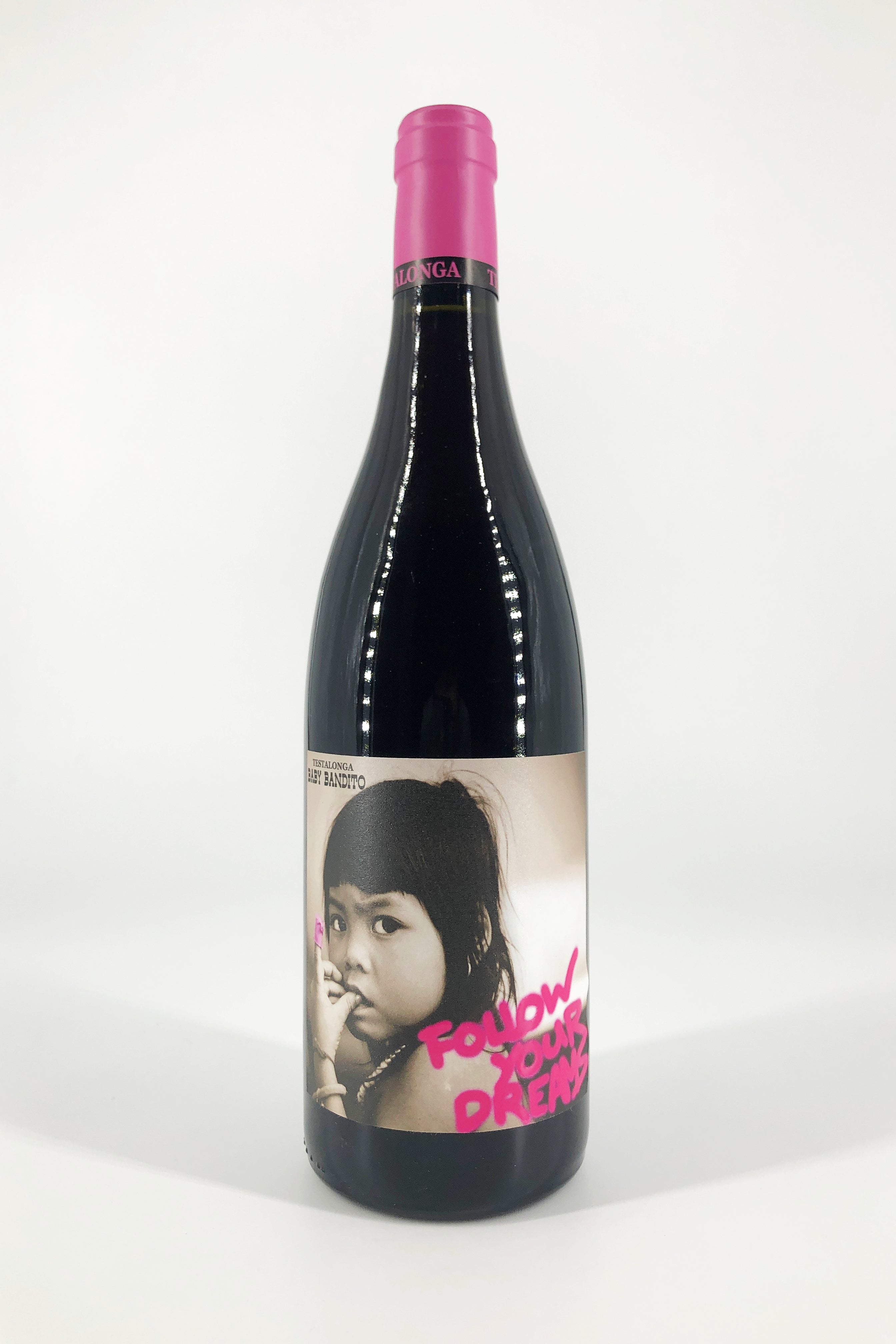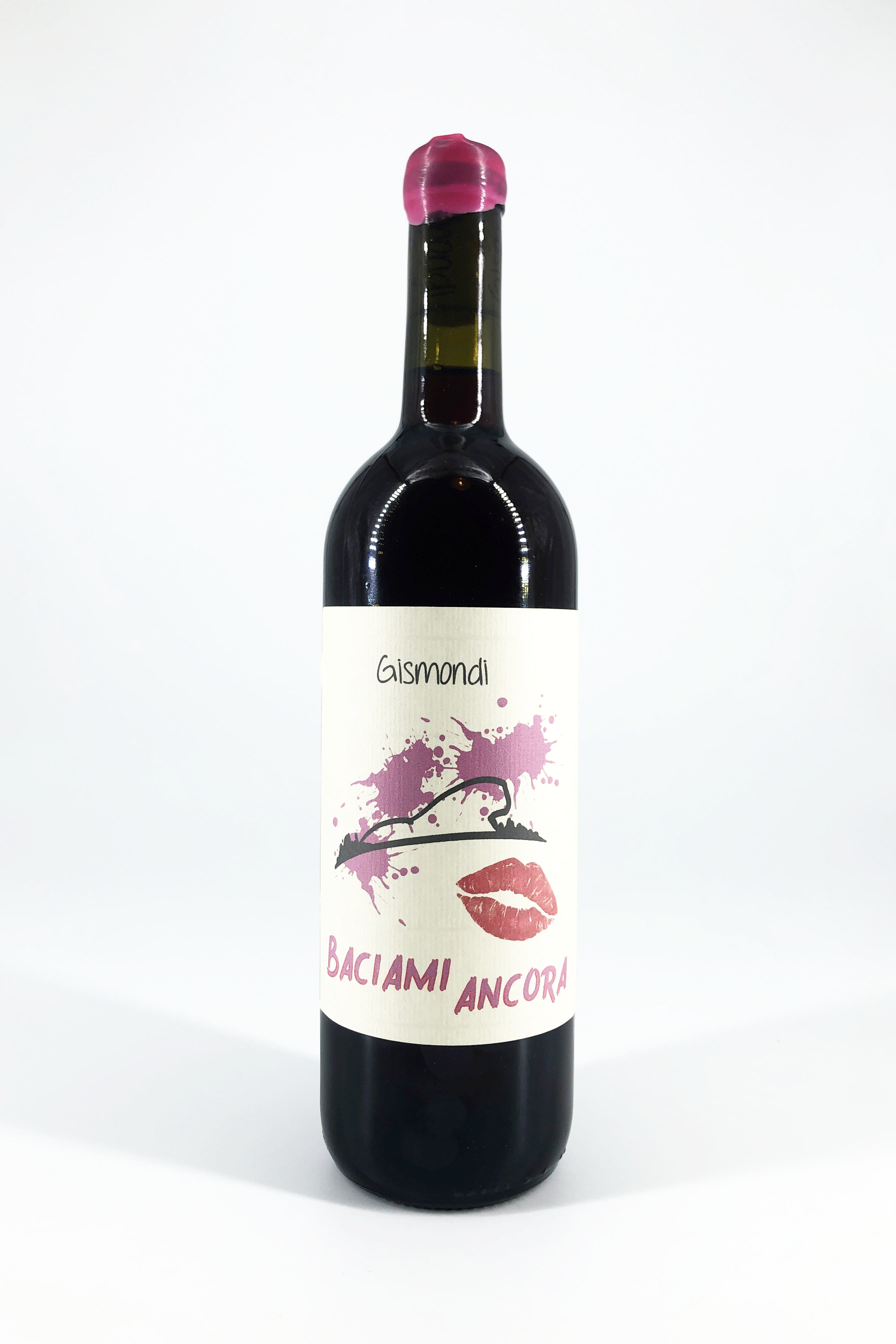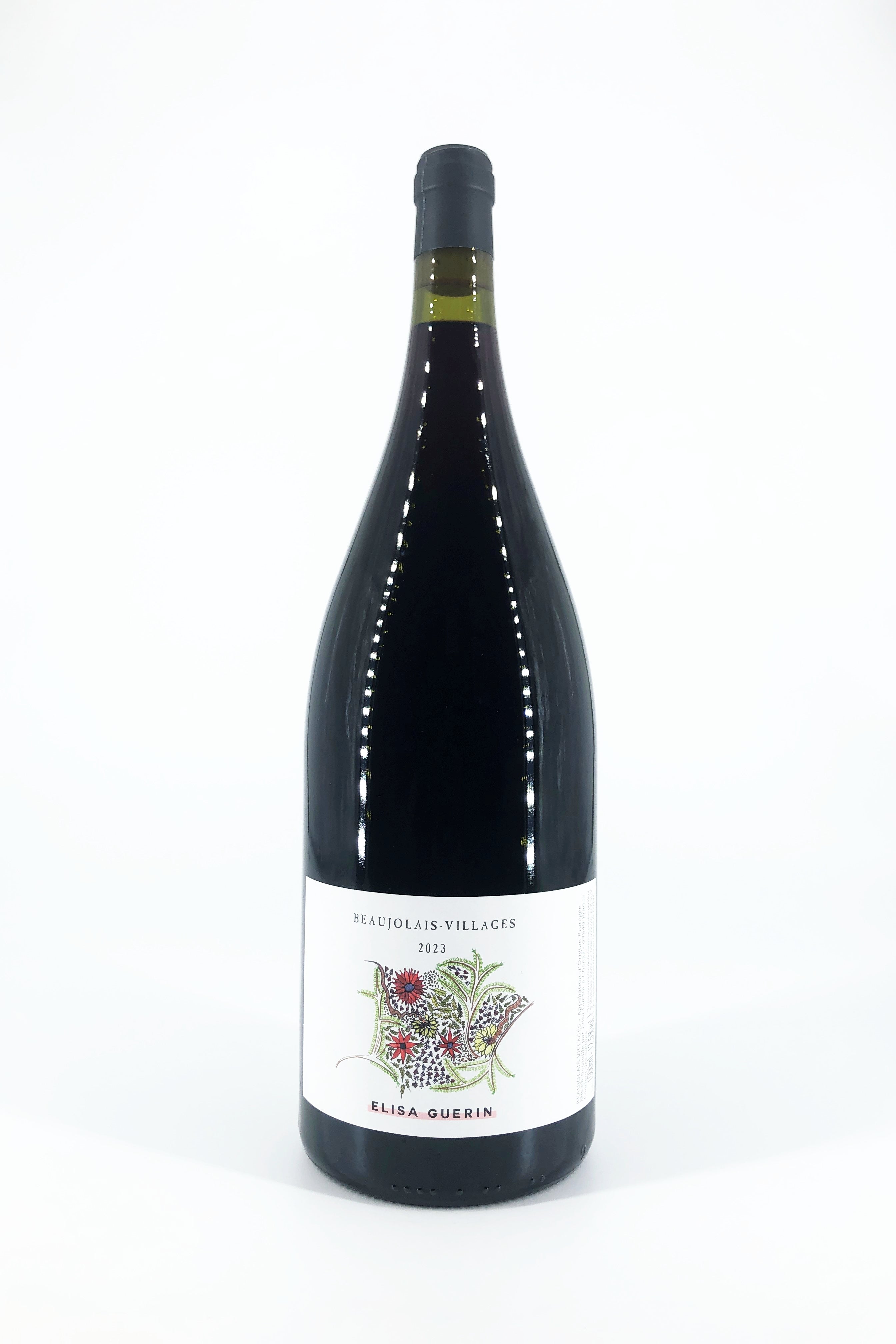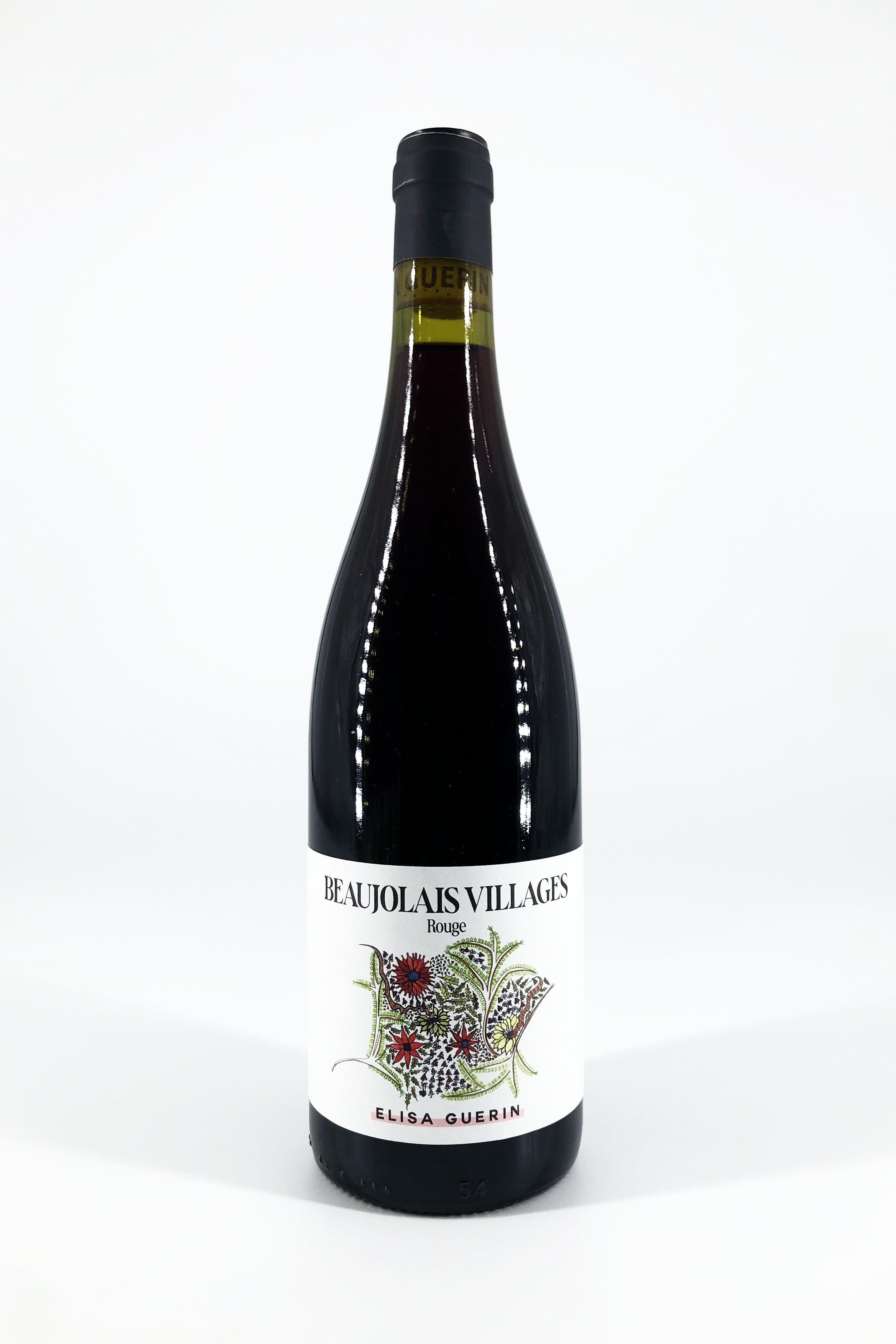Keep up to date
Sign up to our
Wayward Wines
Newsletter
About the wine
Pouring invitingly luminous in the glass with gentle scents of red cherries, balsamic and bitter herbs, here we have vino da tavola of the highest order. Made using a blend of many local grape varietals; Barbera, Sangiovese, Ancellotta, Merlot and Lambrusco Grasparossa from old vines planted over limestone, over 400 metres above sea level.
The grapes were destemmed and fermented on the skins for ten days, before being pressed to cement vats until the following spring. Samodia Rosso is rustic, layered and a little bit wild. Try it chilled.
Samodia is the new project of Jacopo Stigliano and friend Flavio Restani. In an effort to revive and conserve ancient vines and traditional winemaking methods in the region, the duo are producing a series of table wines.
These are borne from 3 hectares of beautiful old vineyards planted on limestone in the highest hills of Valsamoggia. The wines are textured, layerd and rugged and channel the land from which they come. Great value to be found in these bottles.
About Jacopo Stigliano
Jacopo farms around three hectares of ancient vineyards in Valsamoggia, a series of hills between Bologna and Modena in Emilia-Romagna. Originally from the province of Bologna, wine has been everything to Jacopo since a young age and after decades travelling the world he returned to Emilia in 2018. Seeking a return to his roots, upon consulting older growers in the region, he set about discovering and restoring abandoned old vineyards in the hope of bringing energy to the territory and shining a light on the work of the vignaioli of old. Lined with trees, the vines are up to one hundred years of age and grow amongst woods and orchards, occasionally right up in the canopy. Harking back to a tradition of Italian agriculture celebrated in another age, they are home to over twenty varieties, making for a kind of open air library of grapes. Planted on hillsides between two hundred and three hundred metres above sea level, the soils are a mix of clay and limestone and littered with stones, lending the wines a pronounced minerality. Jacopo’s work in the vineyards is focused on retaining this incredible diversity. He does everything by hand and does not work the soil, trying not to interfere with these complex ecosystems. He believes that diversity brings richness and complexity to both life and wine and that each variety is planted here brings a sense of harmony. All grapes are harvested, fermented and aged together, paying respect to the Italian tradition of the field blend and in the cantina his work is simple and precise. Believing that wine is made in the vineyard, Jacopo eschews the use of technology and bottles his wines unfiltered, with nothing added at any stage. His complex, nourishing wines offer fascinating expressions of vineyards which are truly unique.

